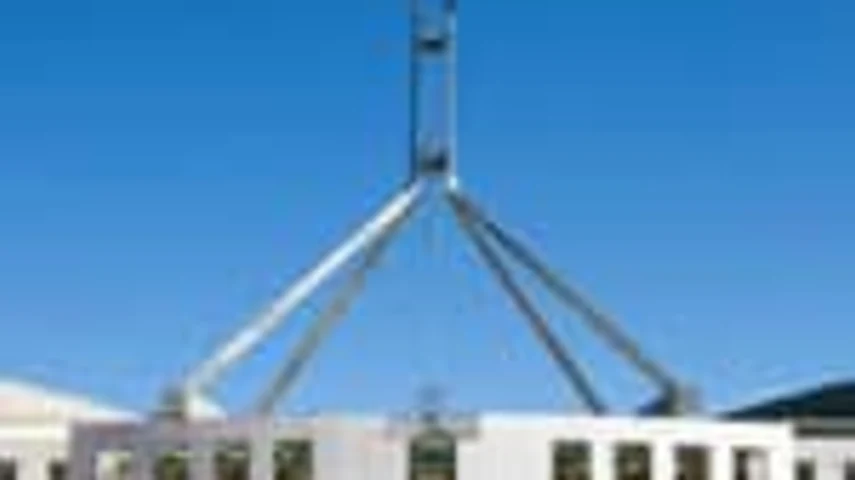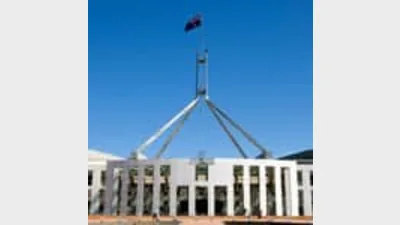Why financial planners need friends in high places



If the financial planning industry has learnt one lesson from the FOFA process, it is the vital importance of political activism, writes Mike Taylor.
In the wash-up of the Future of Financial Advice (FOFA) processes, the Association of Financial Advisers (AFA) is quite right to flag its intention to remain politically active right up to and including the next Federal Election.
If one particular lesson ought to have been learned by the financial planning industry over the past five years, it is that political lobbying matters, particularly when you already hold the ear of an incumbent Government.
Indeed, the major financial planning organisations could do worse than analyse the tactics adopted by the Industry Super Network (ISN) and the manner in which that organisation parlayed its influence with the Government to move beyond being a ‘bit player’ to become a ‘stakeholder’ in the FOFA process.
The degree to which FOFA has represented a success story for the ISN needs to be measured against the degree to which it ought to have ever really been a player in the game.
It is, after all, only a lobby group formed by a group of industry superannuation funds which, notwithstanding the billions of dollars they hold in funds under management, are only small players in terms of delivering financial advice.
The success of the ISN was owed to the entrée it was allowed to the highest levels of government and to the manner in which other stakeholders in the financial services industry allowed the ISN an unquestioned voice at the bargaining table.
It was noted from time to time through the FOFA process that the not-for-profit sector had been granted a multiplicity of voices through the likes of the ISN, the Australian Institute of Superannuation Trustees (AIST), and even through groupings formed by the ISN, AIST and consumer group Choice.
The shape and texture of the FOFA legislation should therefore be measured against the influence of the various stakeholders; and in many respects the financial planning industry should congratulate itself on the manner in which it ultimately ensured some very necessary concessions.
It is political reality in Australia that the major political parties tend to be influenced by particular groups.
The Australian Labor Party grew out of the trade union movement and its actions tend to reflect those origins. Similarly, the Coalition tends to reflect the views of business and industry.
Rarely, however, have the traditional linkages been so influential as during the FOFA debate.
With this in mind, and with many financial planners still concerned about the impact of the FOFA legislation, it makes good sense for groups such as the AFA to continue their political activism into the future.
Recommended for you
In this episode of Relative Return Insider, host Keith Ford and AMP chief economist Shane Oliver unpack the RBA’s decision to keep the cash rate on hold in the face of rising inflation and whether the governor’s hawkish tone is a sign of things to come.
In this episode of Relative Return Insider, host Keith Ford and AMP chief economist Shane Oliver discuss the September quarter GDP figures, which show Australia’s economy regaining momentum.
In this new episode of The Manager Mix, host Laura Dew speaks to Haley Devine, head of wealth management at MaxCap Group, to delve into private credit and commercial real estate.
In this new episode of The Manager Mix, host Laura Dew speaks to Benjamin Leung, head of systematic investments at Macquarie Asset Management, to understand the use of systematic investments.







